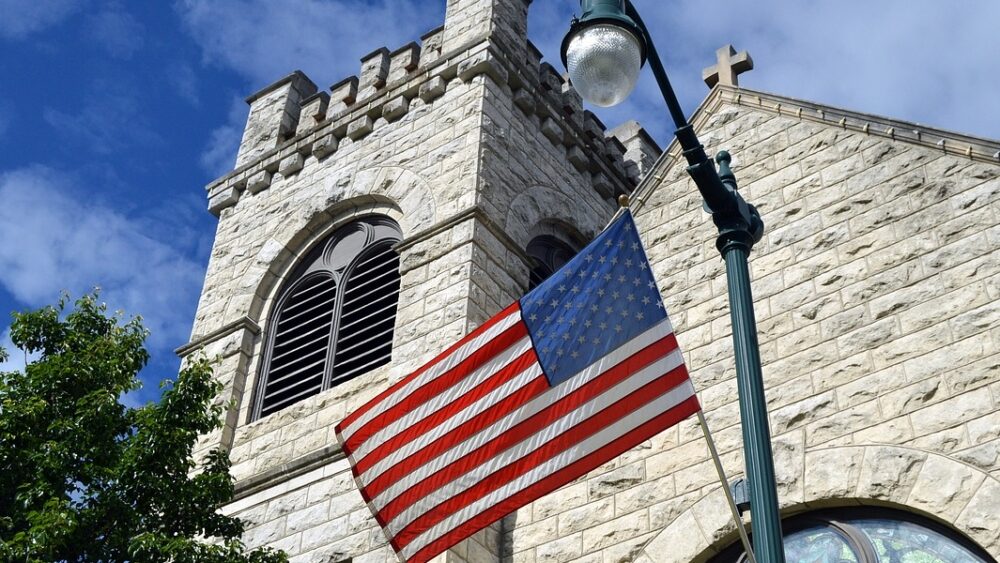The well-regarded Barna research group reports that 32 per cent of “practising Christians” in the United states have stopped attending church online during the COVID-induced lockdown. They note that a small number of these people may be attending church physically but add “we can, for the most part, confidently interpret this group as those who have dropped out of church for the time being.”
Over half (54 per cent) have streamed their own church online during the past four weeks. At 34 per cent, “Church hoppers” form a big group; they are the ones who have streamed services from churches other than their own.
“Practising Christians” are defined by Barna as people who usually attend church monthly, at least. Unsurprisingly, the online attendance rate for infrequent church goers is lower, with about half having watched a service online.
Giving in the United Methodist Church is down year on year “with the collection rate down 26 per cent compared to last year and 45 per cent compared to 2017”, according to the church’s General Council on Finance and Administration (GCFA).
“This indicates the impact that the coronavirus has had so far on general church collections,” Rick King, GCFA’s chief financial officer, told their board (as reported by the United Methodist New Service). The COVID effect would have been amplified by an impending split in the United Methodists, following a deadlock over same-sex marriage.
“People are not coming to church as expected. … COVID-19 has not allowed it.” –Lister Nynag’anyi,Anglican Diocese of Central Tanganyika, Tanzania
On another side of the world, Lister Nynag’anyi is director of development services with the Anglican Diocese of Central Tanganyika, based in Dodoma, Tanzania. Nynag’anyi told the Catholic Crux news service that “in terms of faith, we have recorded a decline in church attendance. Members feel that they might contract the illness from attending church. We are also seeing a decline in offerings (donations) from people. Those people are not coming to church as expected. … COVID-19 has not allowed it.”
In South Korea, “during the period between March and early April, when infections spiked, attendance at in-person services dropped to an estimated 42.4 per cent of the pre-pandemic level,” according to a survey of 1,135 member pastors of the General Assembly of Presbyterian Church in Korea, reported by the Yonhap news agency.
“The figure grew to 61.8 per cent on May 24 when the outbreak showed signs of subsiding.”




